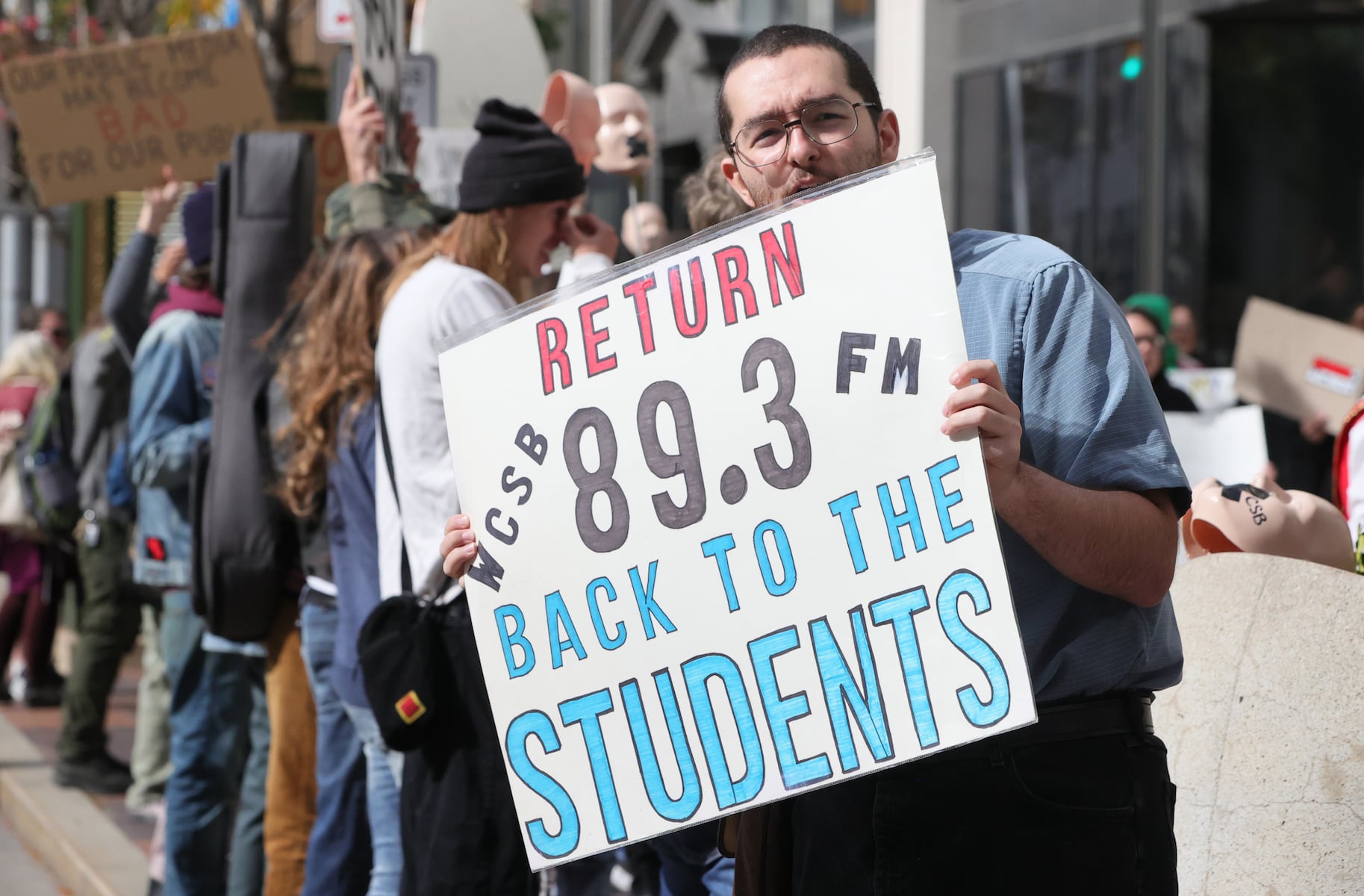
A woman connected to the family of White House Press Secretary Karoline Leavitt was arrested by U.S. Immigration and Customs Enforcement (ICE) for overstaying her visa. Bruna Caroline Ferreira, who was previously engaged to Michael Leavitt, Leavitt’s brother, has faced legal challenges since her visa expired in June 1999. Ferreira is the mother of Leavitt’s nephew and has not maintained contact with the family for several years.
According to information from the Department of Homeland Security (DHS), Ferreira has lived in the United States illegally since her visa expired. Her attorney stated that she was a previous recipient of the Deferred Action for Childhood Arrivals (DACA) program but was unable to renew her status during the administration of former President Donald Trump. Ferreira was taken into custody while driving to pick up her son in New Hampshire, as reported by CNN.
A DHS spokesperson described Ferreira as a “criminal illegal alien from Brazil,” confirming her arrest and noting her prior arrest for battery. “I’m just trying to fight to get her out of jail. She should not be sitting in a jail hours away from her family and from her child’s life. She’s a great mom,” said Todd Pomerleau, Ferreira’s attorney, emphasizing her commitment to her family.
Ferreira initially entered the U.S. on a B2 tourist visa, which required her to leave by June 6, 1999. Currently, she is being held at the South Louisiana ICE Processing Center and is facing removal proceedings. A DHS spokesperson reiterated that under the policies of the Trump administration, individuals unlawfully present in the United States are subject to deportation.
Ferreira’s sister, Graziela Dos Santos Rodrigues, has initiated a fundraising campaign to assist with legal fees, raising over $16,500 thus far. Rodrigues expressed her family’s distress, stating, “My family is going through one of the most difficult moments of our lives, and we’re reaching out with a humble plea for help. My sister, Bruna, was recently detained by immigration and is now fighting to stay in the country she has called home for nearly her entire life.”
The impact of Ferreira’s detention is particularly acute for her son, Michael Leavitt Junior, who has lived full-time with his father in New Hampshire since birth. Rodrigues described the situation as “especially painful” for the child, who hopes for his mother’s return in time for the holidays.
Ferreira’s legal struggles highlight ongoing challenges faced by individuals under the DACA program. While the program provides temporary relief from deportation, it does not confer legal status, as noted by DHS spokesperson Tricia McLaughlin. In recent statements, McLaughlin emphasized that DACA recipients are not automatically protected from deportation.
This case not only underscores the complexities of immigration policy but also deeply affects families caught in the crosshairs of enforcement actions. The situation continues to develop as Ferreira’s family seeks to navigate the legal system.
As the community rallies for support, the repercussions of Ferreira’s arrest extend beyond legal implications, impacting the personal lives of those involved and raising broader questions about immigration policies in the United States.







